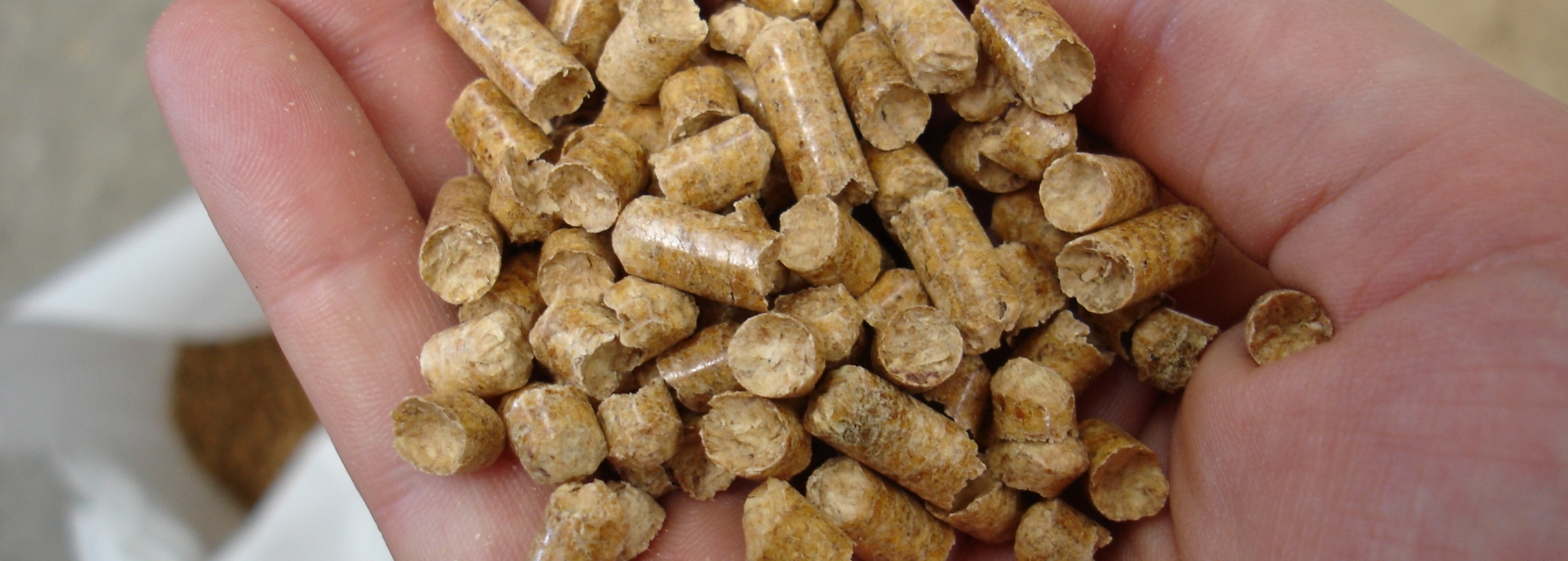If you own a wood pellet boiler, you are likely to have run into problems finding an adequate supply of wood pellets at a decent price this winter. The reason for this is that the unseasonably warm winter across Europe has restricted timber harvesting. This has had a knock-on effect, causing the residues produced by sawmills (e.g. sawdust, slab wood and offcuts), which are typically used to produce pellets, to be in short supply. As a result, European wood fibre prices have risen and so has the price of imported pellets. Most wood pellet suppliers have a backlog of orders and have struggled to service the demand (you can read more about this here).
This is an unusual circumstance, but with the warming climate leading to more frequent mild winters and competition for wood from others sectors (e.g. fibreboard industry), there is a possibility that this could occur again in future years.
If you want to de-risk your future fuel supply, you could perhaps look at the potential of using some of the non-wood alternatives that are available. The Sustainable Fuel Register (SFR) has recently had registrations from companies producing coffee grain pellets and oat husk pellets in the UK, as well as importers of sunflower husk pellets from Russia and olive oil pomace pellets from Spain. Many boilers are capable of using non-wood pellets. Also, as many of the feedstocks for non-wood pellets are wastes and residues there is the bonus that, in most circumstances, they are cheaper than wood pellets.
In order to use these pellets, you would first need to find out if your boiler is suitable for this fuel and secondly, you would need to have a valid emissions certificate. Check with your boiler supplier or give us a call for advice. You can get an in situ emissions test done on your boiler with your chosen fuel. If you know several people with the same type of boiler as you, you could get a type-test done in order to save on costs. Again… give us a call for details.
The only other thing you would need to do is set up an SFR account, so your fuel can be allocated to you by the fuel supplier.


